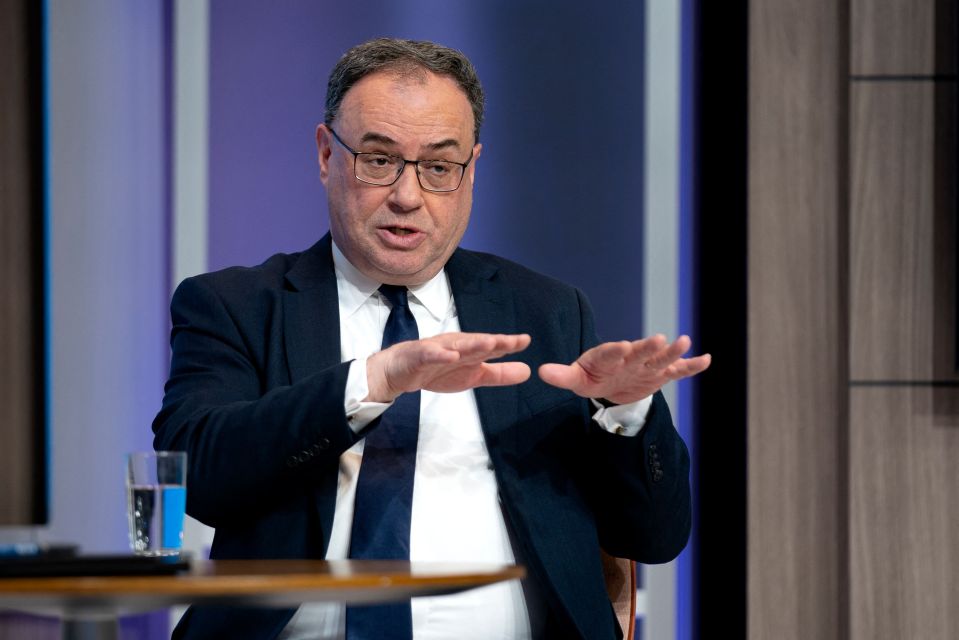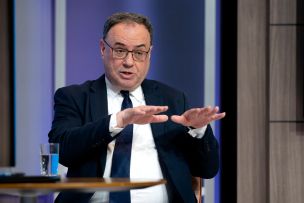
Modern banking has been subject to massive interference from governments. This needs to stop: risks should be returned to those who choose to take them, that’s how the market works, writes Jamie Whyte
In the UK, any bank deposit of £85,000 or less is guaranteed by the UK government. So if your bank goes under à la Silicon Valley Bank, the government will cover your loss. After a series of failures in the banking sector, Andrew Bailey is now looking to increase the £85,000 cap.
To see the trouble with this, imagine you were trying to start a new bank. Your problem would not be finding borrowers. If you have the money to lend, you will find no shortage of people willing to borrow it. Your problem will be getting your hands on the money to lend them. In other words, your problem will be finding people willing to deposit their money at your bank. Why should they trust you not to blow it all and never repay them?
To win the confidence of depositors, you will need to demonstrate that you make loans and otherwise manage your business prudently. Most obviously, you will need to hold enough equity capital to cover any losses from defaults on your lending – so that the loss accrues to the bank’s owner (you) rather than its depositors.
Or you would, if not for government guarantees of deposits. Depositors don’t care if a bank is prudent when they benefit from a government guarantee. This explains why depositors pay little attention to the credit quality of the banks they lend to.
To compete for depositors’ money, you will need to offer them higher rates of interest on their deposits. And this will require you to take more risk, by lending to riskier borrowers (who are willing to pay higher rates of interest) or by increasing your leverage: that is, by holding less equity capital (which is expensive) in relation to the loans you make.
Depositors get the benefit of that risk-taking, through higher rates of interest, while taxpayers bear the cost of it if things go wrong. In other words, while banks make excessively risky allocations of capital, taxpayers are forced to gamble on their solvency.
By increasing the upper limit for deposit insurance, Bailey will exacerbate the problem. He will remove even more of the discipline that depositors might otherwise impose on banks’ risk-taking.
Perhaps he believes that depositor-imposed discipline is made unnecessary by bank regulation. The rules of the Prudential Regulation Authority (PRA) can make banks prudent. More specifically, banks will be forced to hold prudent levels of equity capital by the provisions of Basel III, the international accord aimed at ensuring bank solvency, which the PRA enforces.
That was the idea with Basel II, which came into force in 2007. Yet in 2008, dozens of banks went under. And all of them complied with Basel II. In fact, they all had at least 50 per cent more equity capital than Basel II said was required to make their chance of insolvency immaterial.
Regulators did not conclude that they had taken on a job they neither could nor should do. Instead, they said that banking needed even more regulation. So we got Basel III and the explosive growth of staff numbers at regulatory agencies and in the compliance departments of banks. Yet here we are again.
The answer is a return of genuine market forces in banking. The standard objection is that, without government-guaranteed deposits, banks will be vulnerable to “runs”, where fearful depositors queue up all at once to withdraw their money. So they will, unless they run themselves prudently.
Modern banking has been subject to massive governmental interference. The two notable exceptions are Scotland and Canada in the 19th century. Without deposit insurance, banks in these countries were well capitalised. And they were not plagued by runs.
Bailey should reverse his plan to increase his risk subsidy. He should do the morally and economically right thing, and return risks to those who choose to take them.
